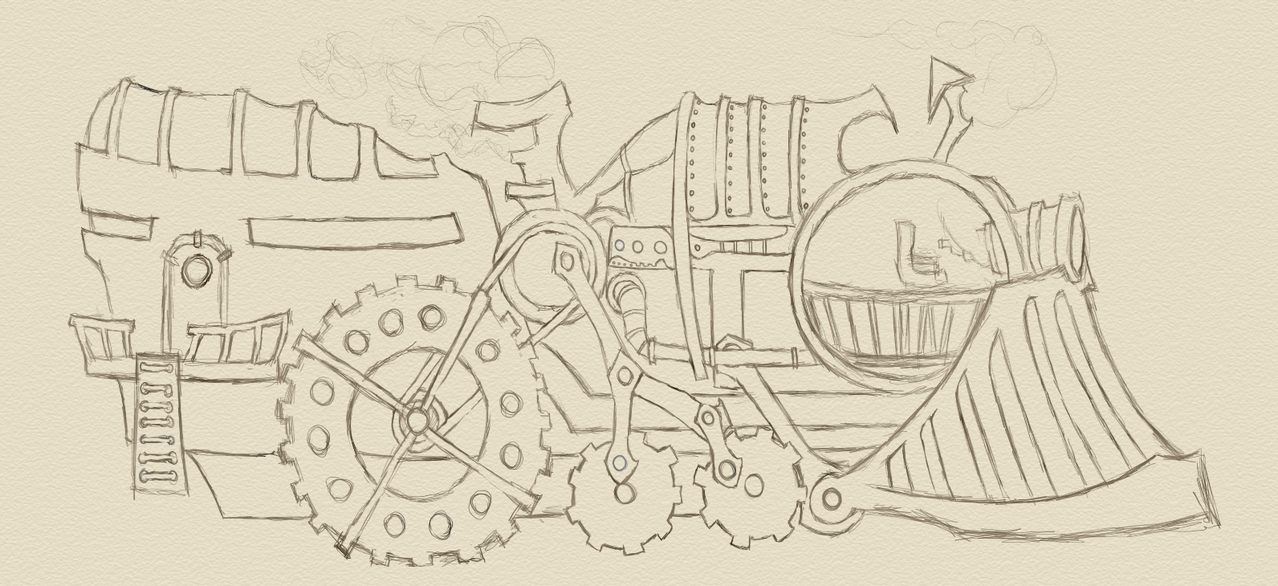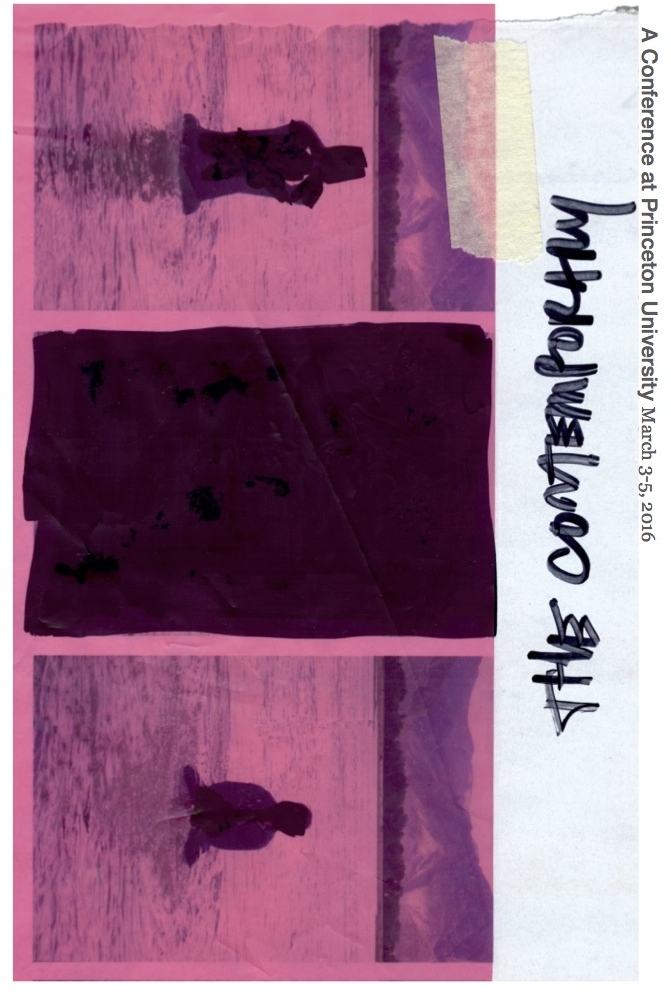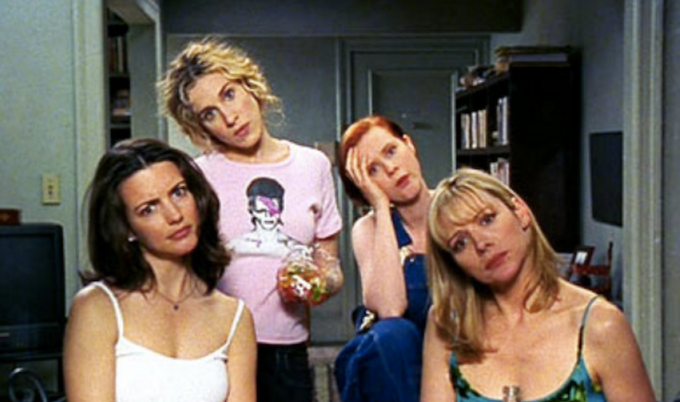My Struggle , vol. 6: Stephanie, October 5
Cambridge, MA
Dear friends,
When Dan asked me if I wanted to write about My Struggle for Slow Burn, I told him I was only interested in writing about "the Hitler book." Like most people, I suspected there was a reason Knausgaard borrowed the title for his books from Mein Kampf. I wondered if the extended essay on Hitler that the sixth book promised would give his project a more political, less isolationist significance.
The Hitler section, however, proved to be the most tedious part of the book. I couldn't finish it. Knausgaard is typically associated with writing that transcends the banality of its conditions, but the writing on Hitler never took flight. Hitler appears at a distance, in third person. The whole section feels like an extended essay, precisely the style of writing K eschews when he writes about himself.
Part of me wonders if K intended this effect. The writing about Hitler comes off as an experiment to see if readers can be absorbed in the dictator's life-world. I think K knows that the experiment will fail and that this failure will prove a point about his own project. The better part of Book 6 operates as a philosophical affidavit in defense of his literary realism. The book covers the fallout between K and his uncle over the publication of the first book. Uncle Gunnar thinks K has no right to publish a book about his father and threatens to sue him. K thinks his writing is obliged to be as particular and as personal as possible.
It is his felt need to defend himself that leads him to make that odd argument about equality, which Dan described in his letter. K observes a school event for his eldest daughter. The event features prizes awarded to the best and brightest children followed by a speech from a priest about the importance of equality. For K, this false emphasis on equality is symptomatic of the insidious reach of Swedish middle-class ideology. The middle class preaches self-effacement while belying the economic disparity between immigrant and Swedish students. K's writing is completely opposed to this ideology:
"Oh, how then, for crying out loud, can we make the lives we live an expression of life, rather than the expression of an ideology? All the thou-shall nots by which our small middle-class lives were constrained, all the things we weren't supposed to say or do, or else were obliged to say or do, how I longed not to give a damn and do as I pleased." (254)
In this moment, it is not Linda, his children, or his uncle threatening to stunt K's expression of life, it is the state, the very state that pays him a monthly stipend to write and provides him with a cheap nursery for his children. K defends his need to write about his father's drunken demise, his wife's depression, and his children, as a bulwark against state ideology. He abhors false claims to socialism, despite being one of its greatest beneficiaries.
K's critique of Swedish homogeneity is also the context for that bizarre interlude on immigration that Omari brought up in his letter. Ideology, in K's account, enforces sameness. Culture, on the other hand, charges "the world with meaning by establishing differences within it" (83). In this quasi-philosophical sense, K is against immigration and multiculturalism because they, allegedly, perpetuate Western sameness at a global scale. I think we can all agree the thinking here is both lawyerly and naïve.
But through such justifications, My Struggle becomes invested, for the first time, in something like a political project. In earlier volumes K framed his hyper-realism as a stance against fiction, as an attempt to move away from arbitrary character and plot invention, and to use his life as the material for writing. In Book 6 his realism becomes a political position against ideology. Even though he hurts family members along the way, even though his children might one day read about themselves in his writing, even though his wife's most intimate moments are depicted for anyone to see, this is all worth it because K is fighting something larger.
This explains why he spends so much time discussing other writers, and, more strangely, other potential novels of his own. The final volume begins in 2009 with K looking forward to writing a new novel after My Struggle wraps up. And not just any novel, a dystopian novel. This novel, about the disappearance of birds and bees from the perspective of an elderly man sitting in his cottage in Gotland, has no focalizing narrator. It is "described through the material and the mechanical, sand, stone, shells, atoms, planets. No psychology, no feelings. A story that was different than ours, though similar. It was to be a dystopia...." (39)
Here we find an example of "deep time" that Dan was discussing. K contemplates a project that might jettison the Romantic ego. But this project proves impossible. As we know, after completing My Struggle, and promising to abandon writing altogether, K follows up My Struggle with a seasonal quartet about his life anticipating the arrival of yet another child. The dystopian novel has yet to arrive.
It has not arrived, I think, because K is too keenly aware of the impossibility of a world without ego. By his own admission, his writing depicts "the ordinary man's private little hell, so inconsequential as to barely deserve mention, while at the same time engulfing everything." In this sense his writing is the opposite of writers he admires such as John Fosse and Eyvind Johnson. K speaks of a novel by Johnson in which "nothing happens here, people are mere guests in a landscape that is a like the seabed in an ocean of time." As much as Knausgaard admires this effort to take distance from the objects of description and see them as all on the same plain, in the end he cannot fully understand how it is possible in his own writing. For him the issue of writing is too much bound up with the personal and the particular.
More simply, K cannot understand how we can take ourselves, our individual selves, out of writing. How can we absent ourselves from providing the frame through which the world is viewed?
"Many people seem to think that literature has to do with the creation of knowledge, or the generation of insight, but such things are merely a by-product, something that may accompany literature or not; the most important aspect is its individuality, which lies in the inimitable tone of the particular." (235)
This brings me to a question I have, one that I am contemplating in another project: Can fictional representation ever jettison bildung as the primary personal level at which the world is dilated? In other words, is K right? As much as we assail his vanity and egotism, can we imagine a way that he might be able to tell the truth of himself without it? Would people read it?
K provides his answer, I think, with the exhausting penultimate section on Hitler.
K tries to make Hitler's life leap off the page like his own. He tries to make it particular and mundane. He must know he will fail. As he himself admits, "it was hard to make writing that was alive, writing that could prise open the world and draw it together in one and the same movement" (122). Perhaps he even torpedoes that section to make a finer point about his own writing—that without the ego, writing is lost.
Or maybe there is something petty going on. Maybe the stuff on Hitler is meant as a strike against the politically-correct Swedish state. As he admits, in Mein Kampf, "everything belonging to Hitler's own biography is related to his ideology" (509). By writing on Hitler, K tries to make Hitler less ideological, more individual. But by doing so, he braves a tepid transgression in exchange for lowering his own standards as a writer.
Beautiful greetings,
Stephanie
ALSO IN THIS SERIES:
The Slow Burn, v.2: Welcome Back
The Slow Burn, v.2: An Introduction
My Struggle, vol. 1: Cecily, June 6
My Struggle, vol. 1: Diana, June 9
My Struggle, vol. 1: Omari, June 14
My Struggle, vol. 2: Dan, June 17
My Struggle, vol. 2: Omari, June 24
My Struggle, vol. 2: Cecily, July 1
My Struggle, vol. 2: Sarah Chihaya, July 5
My Struggle, vol. 2: Dan, July 12
My Struggle, vol. 2: Diana, July 16
My Struggle, vol. 2: Jess Arndt, July 18
My Struggle, vol. 3: Omari, July 25
My Struggle, vol. 3: Ari M. Brostoff, August 1
My Struggle, vol. 3: Dan, August 4
My Struggle, vol. 3: Jacob Brogan, August 8My Struggle, vol. 3: Diana, August 12
My Struggle, vol. 4: Katherine Hill, August 25
My Struggle, vol. 4: Omari, September 1
My Struggle, vol. 4: Dan, September 2
My Struggle, vol. 4: Diana, September 15
My Struggle, vol. 5: Omari, September 27
My Struggle, vol. 5: Diana, October 3
My Struggle, vol. 5: Dan, October 13
My Struggle, vol. 6: Omari, September 25
My Struggle, vol. 6: Dan, September 28
My Struggle, vol. 6: Stephanie, October 5
My Struggle, vol. 6: Cecily, October 9
My Struggle, vol. 6: Emily Tamkin, October 10
My Struggle, vol. 6: Diana, October 15
My Struggle, vol. 6: Rachel Greenwald Smith, October 23
My Struggle, vol. 6: Katherine Hill, October 26
My Struggle, vol. 6: Omari, October 31





